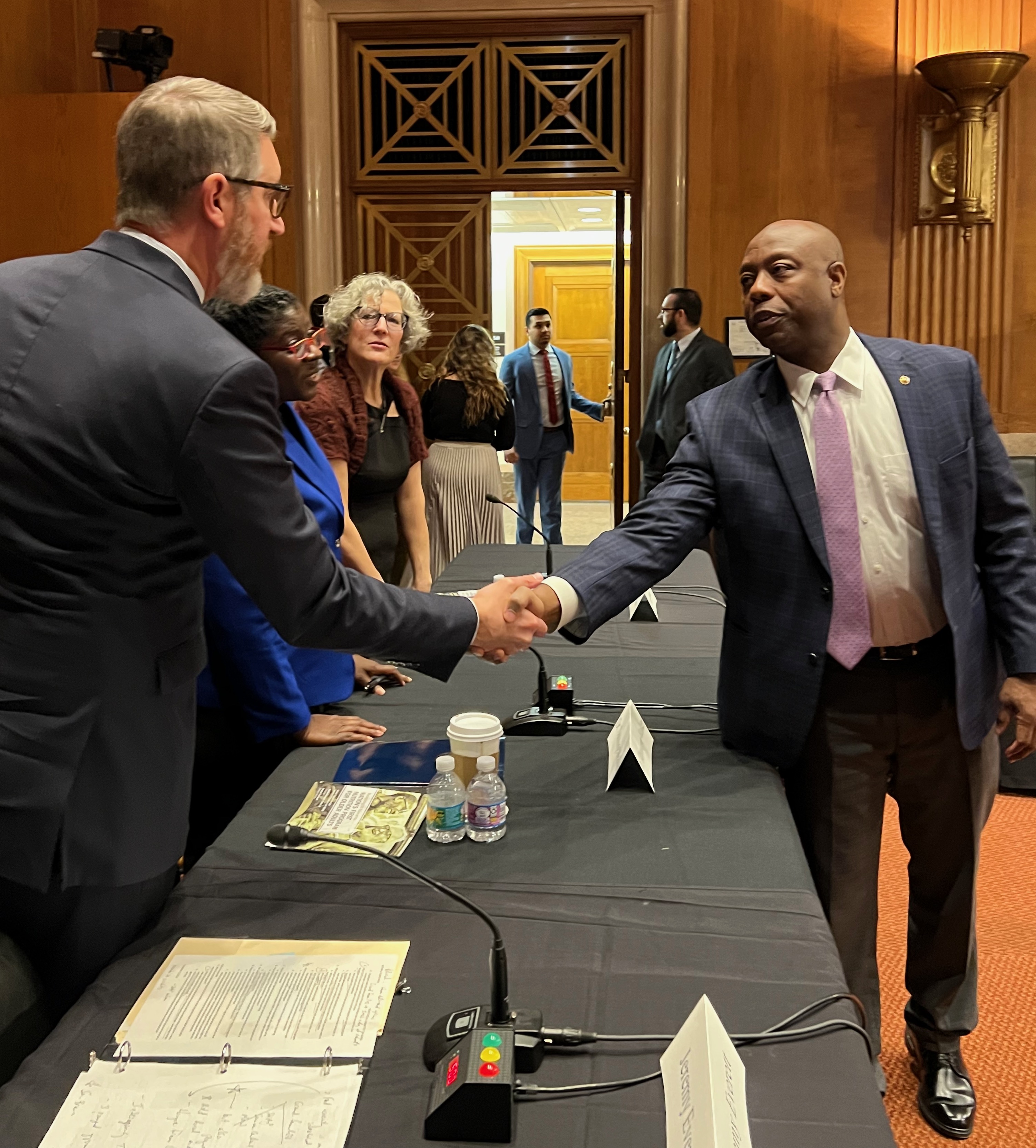Baylor Collaborative on Hunger and Poverty Announces Farm Bill Priorities

The Farm Bill, reauthorized every five years by Congress, sets national farm, food, and rural policy. Title IV of the Farm Bill contains many of the federal programs that address nutrition and food security, including the Supplemental Nutrition Assistance Program (SNAP) (formerly food stamps) and The Emergency Food Assistance Program (TEFAP), which supports the United States’ vast network of food banks and food pantries. The 2018 Farm Bill passed with largely bipartisan support.
As Congress begins to consider the 2023 Farm Bill, the Baylor Collaborative on Hunger and Poverty encourages our lawmakers to continue including provisions that promote food access and equity for all Americans. The 2023 Farm Bill opens a crucial window of opportunity to test and implement new strategies for accomplishing the Baylor Collaborative’s mission of cultivating scalable solutions to end hunger.
According to Jeremy Everett, Executive Director of the Baylor Collaborative, “We call on U.S. legislators and President Biden to pass and sign a Farm Bill that takes into account the unique challenges of our economy, as well as the historical barriers facing populations most at risk of food insecurity.”
Everett noted the Baylor Collaborative is focusing on three key Farm Bill priorities: Funding for public-private partnerships that creates ten pilot projects in communities without food security coalitions, support for pilot projects that reach homebound older adults in need of nutritious meals in hard-to-reach communities, and a commitment to protect SNAP.
“These priorities are in full alignment with the pillars laid out in last fall’s White House Conference on Hunger, Nutrition, and Health, which are supported by a broad, bipartisan coalition of constituencies that spanned ideological spectrums,” Everett said. He added, "The Baylor Collaborative is committed to supporting these pillars by expanding our Hunger Free Community Coalition work and testing innovative strategies for meal delivery programs in rural and remote areas without access to traditional offerings.”
In support of these efforts, the Baylor Collaborative’s executive director and policy team spent the past few weeks in Washington D.C., visiting with partners and policymakers to explore how the Farm Bill can include these priorities.